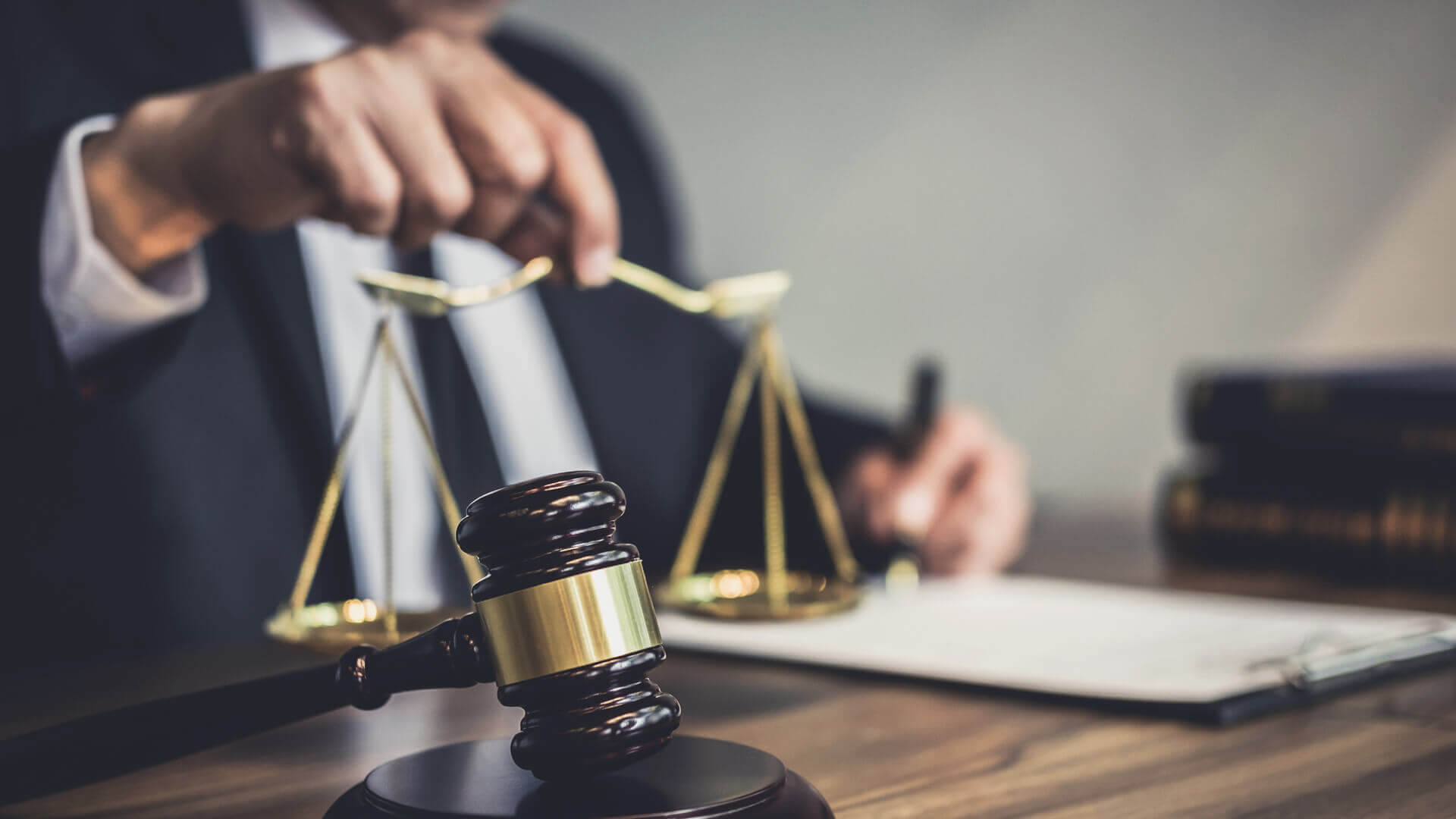According to the Cambridge English Dictionary, a litigator is a licensed attorney who practices a legal specialty working with organizations or individuals involved in legal matters. These legal matters are usually started to ultimately be resolved in a court of law. Litigation lawyers professionally represent either a defendant or a plaintiff in an ongoing lawsuit that can be a civil or criminal legal matter.
A business litigation attorney is a legal professional who employs their education and skills to manage large and small legal issues (primarily lawsuits) that any legal entity or business may need to negotiate as a regular course of business. Also, if one needs assistance in clearing or even getting a government contract for your business, having the right government contracting lawyer by your side can save loads of work and make the process easy.
Business litigation attorneys manage conflicts that arise from many different aspects of business. Despite the proximate cause (the direct cause) of the lawsuit, litigation follows the same procedure. Opposing parties present motions, witnesses, evidence, and statements during the litigation process. It is noted, though, that in a criminal case, the plaintiff is the government rather than a private individual.
It is essential to emhasize that not every lawsuit is solved within the honored walls of a courtroom, many are settled during the pretrial process.
Who do Business Litigation Lawyers Work for?
A litigation lawyer who specializes in business matters may work directly for a larger law firm or as in-house counsel for a large corporation. Alex Gotch is director at a large recruitment and consultancy agency for the law industry. Agencies like these can be incredibly useful in recruiting litigation lawyers for your law firm. However, many experienced, quality business litigation attorneys work as self-employed consultants. This tends to happen because most businesses do not (fortunately) find themselves embroiled in legal action often enough to warrant the salary of an in-house, full-time business litigation counsel.
However, in specific industries – like the behemoth insurance industry – on staff business litigation lawyers are quite common.
Business Litigation Professional Responsibilities
A business litigator’s responsibilities include, for example, managing –
- Disputes arising from contract negotiations or interpretations.
- Conflicts arising from a breach of contract.
- Business partnerships and interconnected business activities.
- Disputes arising from shareholders’ concerns of managerial direction and control, for public entities.
- Disputes arising from dismissals from disgruntled employees that claim to have been fired wrongfully, among others.
A business lawyer may further specialize and consider focusing on business issues concerning –
- Business Tax Liabilities and Internal Revenue Service matters.
- Product Liability class action legal matters.
- Intellectual Property or Patent law.
Business litigation attorneys have the potential to face controversial moments in negotiations (or during the regular course of business) and, therefore, must have the skills to diffuse tensions and work calmly through what can be trying, challenging and awkward moments.
A reputable business litigation attorney will be a highly experienced courtroom participant with the legal confidence and communication skills required for appropriate courtroom representation. Additionally, many business litigators have refined writing skills that seek to resolve legal matters before anyone ever has to enter a courtroom.
Fortunately, business litigators are successful and persuasive writers. These talents and abilities are often the primary reason a business litigation matter is resolved with a significantly reduced cost. Additionally, avoiding a courtroom minimizes the emotional effort and stress for t hose parties to a lawsuit face.
Business litigators are tasked with the responsibility of –
- Developing a big picture of the situation to determine cause and responsibility — research of paperwork, facts, and situation.
- Determining what, if any, experts are required during litigation.
- Identifying case law and precedent in support of/against the assertion.
- Writing briefs for court submission that –
- Delineate the facts of the event.
- Detail the evidence in support of the legal claim.
- Identify the right to recover and be made whole.
- Many other important responsibilities.
A Breach of Contract Example
If a company has a situation that requires them to sue for a breach of contract, the business litigator would be the person responsible for initiating the lawsuit. A breach of the contract happens when a party to a legal binding agreement fails to do the required responsibilities delineated in said contract.
The business litigator prepares a written brief that delineates the contract’s facts/requirements and cites the specific areas the defendant allegedly breached. This paperwork would include cited case law in support of the claim seeking a recovery.
When the business litigation lawyer has filed the motion, the next steps include –
- The process of discovery – the time in which information is discovered and then shared with opposing counsel.
- Additional pretrial motions – official requests to the court regarding an issue with the case. An example would include requiring the opposing counsel to share information or a formal request for a case dismissal.
As noted previously, many business litigation issues are settled during the pretrial stage, before the matter is placed before a judge or jury. A business litigation specialist will offer guidance during this negotiation to help lead their client (the business) to a fair and equitable settlement.
If the pretrial passes without a settlement, a business litigator will then be tasked with representing their client in a court of law on the matter in question.
